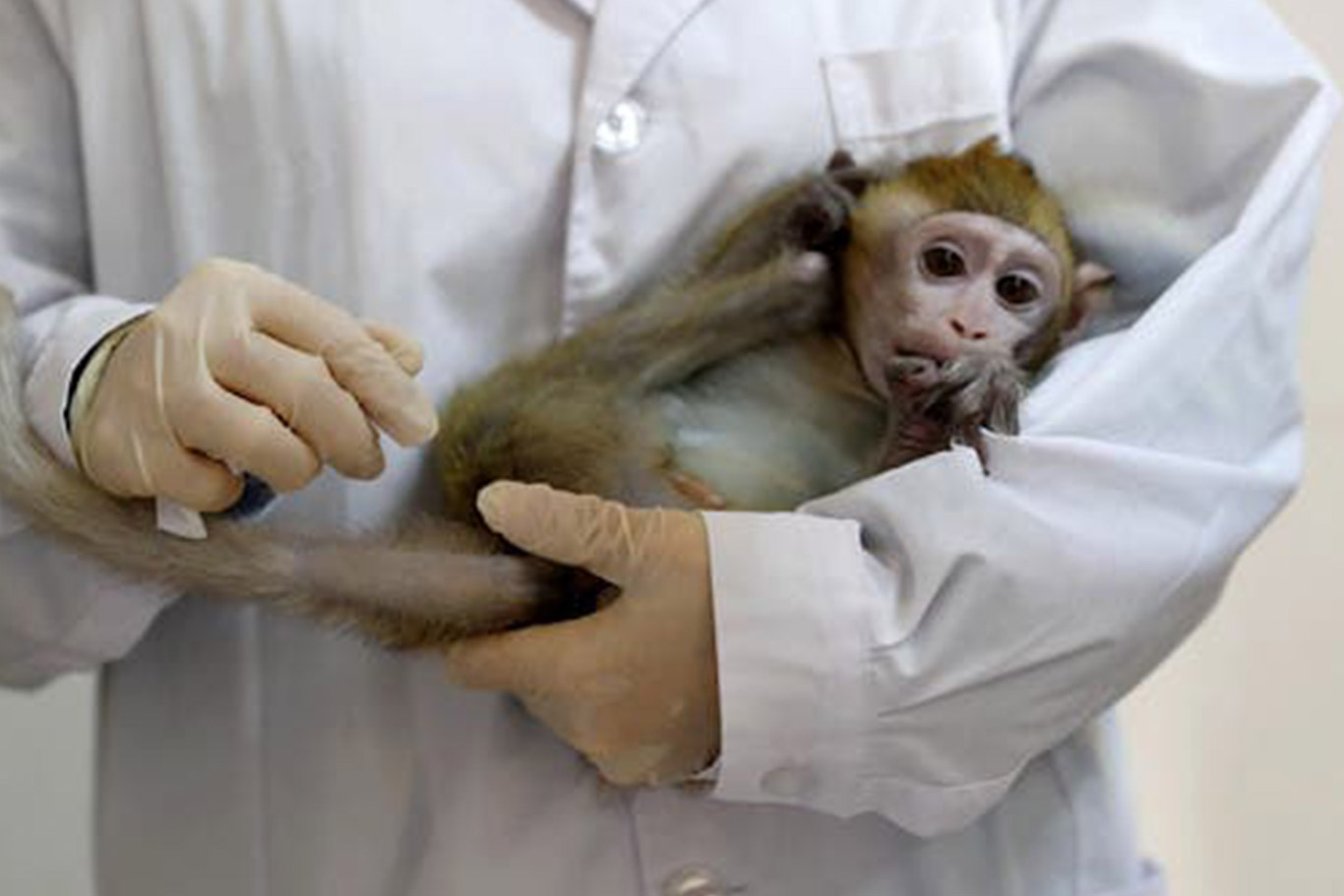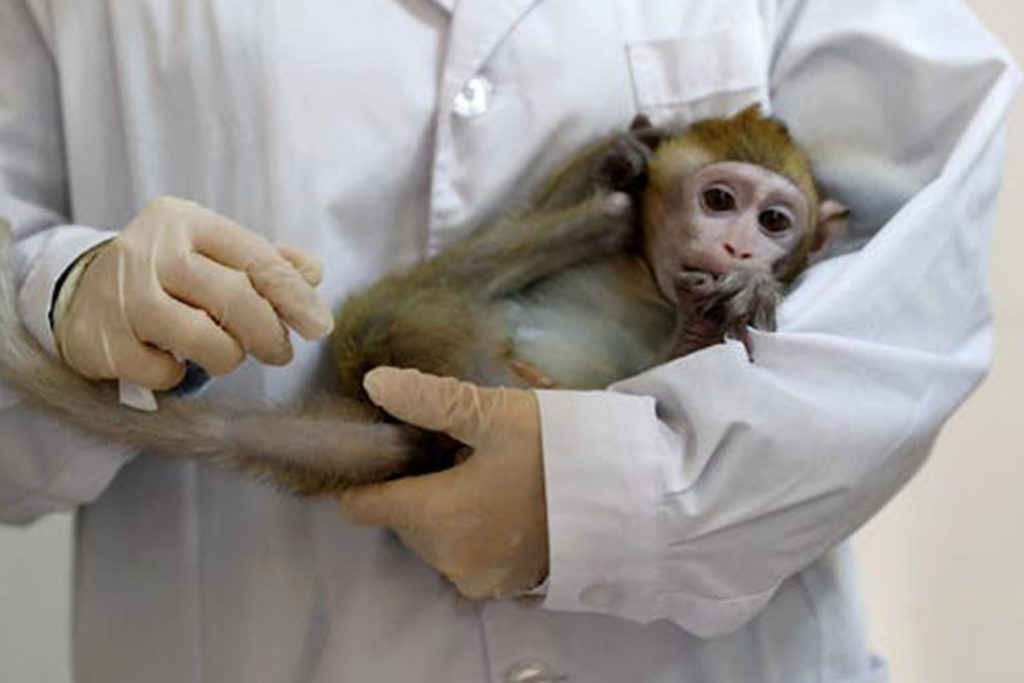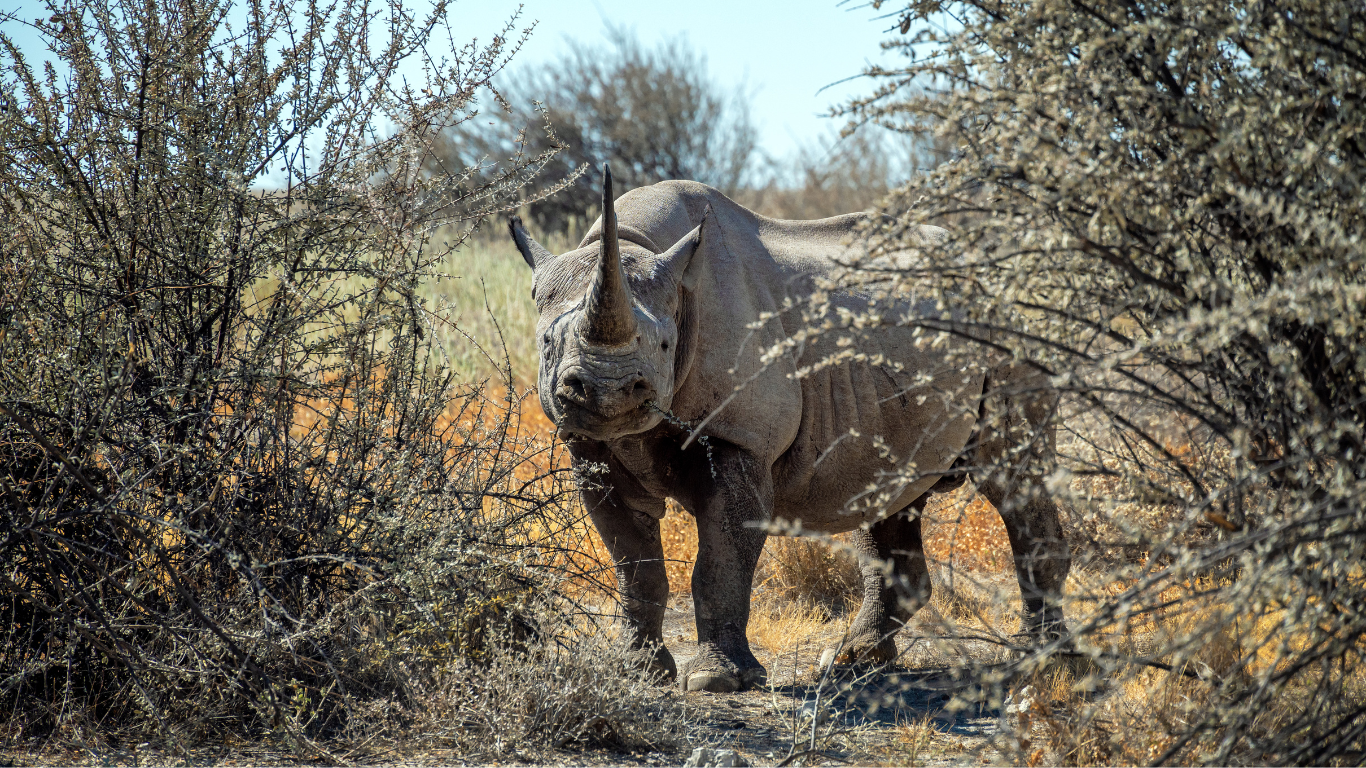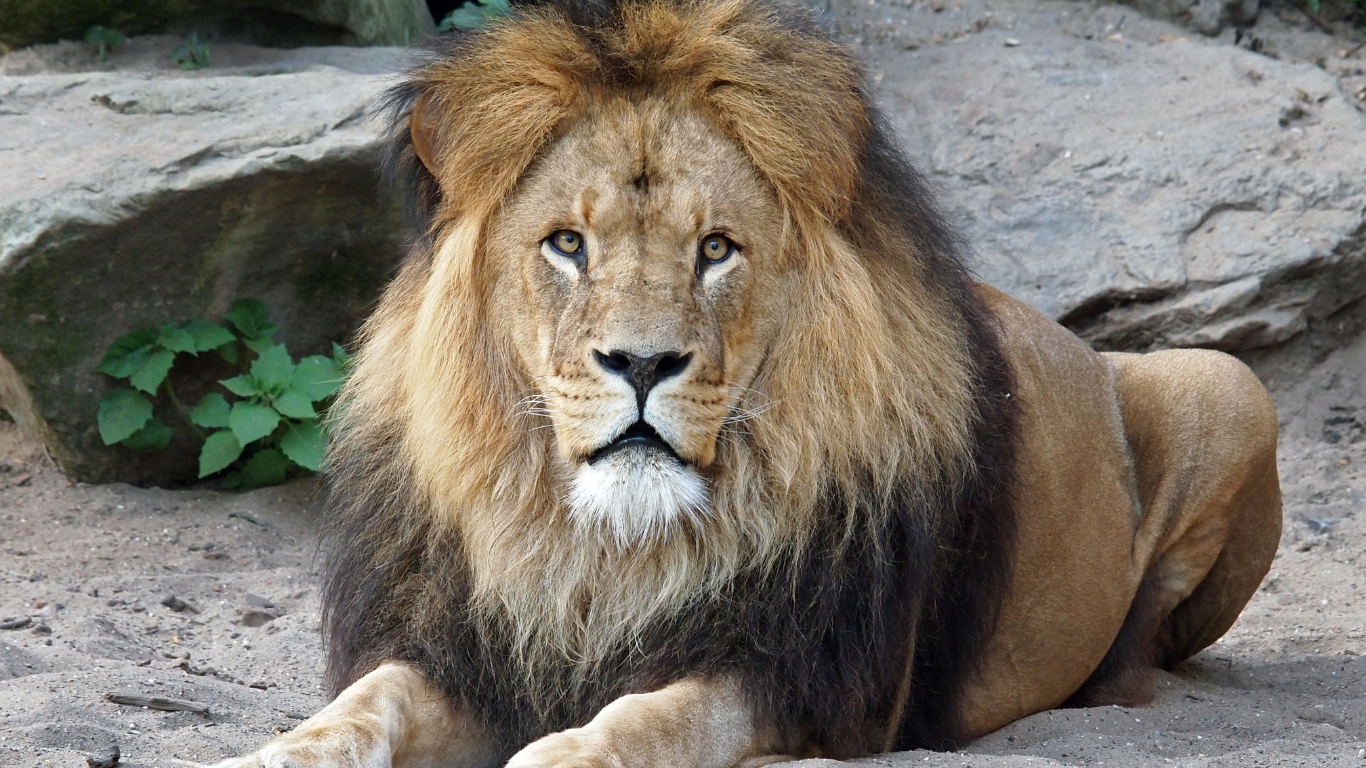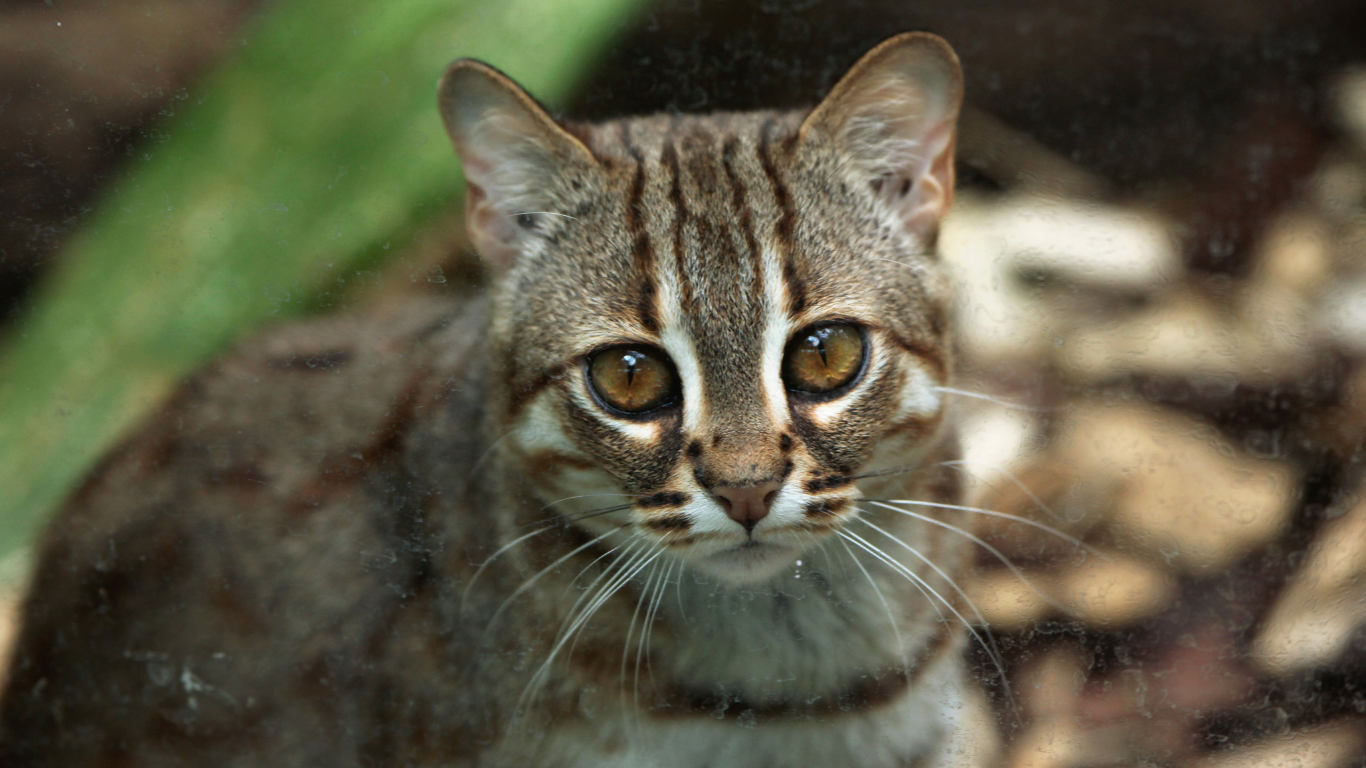The number of monkeys is drastically declining as laboratories worldwide rely on animal cruelty, exploitation, and suffering to develop a vaccine for the coronavirus.
While disturbing videos circulate on social media of monkeys being tortured in laboratories to test the COVID-19 vaccine, infectious diseases scientists in the United States claim there are “just not enough monkeys” to go around.
Before drug companies call on human volunteers, monkeys are used in preclinical trials to test a vaccine’s safety and effectiveness. But with coronavirus infection rates skyrocketing across the globe, there is a shortage of monkeys to experiment on.
According to the California National Primate Research Center (CNPRC), the coronavirus pandemic has made acquiring rhesus macaques “extremely” challenging and there is a “serious monkey shortage”. Rhesus macaques are the most common primate species exploited in animal testing, along with cynomolgus macaques, because they share about 93% of their genes with humans. Rhesus monkeys typically represent the last step before human clinical trials.
Rhesus macaques are native to Pakistan, India, NeASI, and parts of Afghanistan, China, and Southeast Asia. Most are imported from breeding centers where animal welfare standards are often deplorable. The suffering these primates endure during transportation, handling, and their ultimate incarceration in labs is harrowing.
According to research organizations specializing in animal testing, the reasons for the shortage are threefold:
- COVID-19 has created an extraordinary demand for monkeys.
- This coincided with a massive drop in supply from China, which provided 60 percent of the nearly 35,000 monkeys imported to the U.S. last year and shut off exports after COVID-19 hit. The US doesn’t have its own reserve of monkeys, although a 2018 report from the National Institutes of Health recommended one be created to meet future demand.
- These pandemic-related events are exacerbating pre-existing monkey shortfalls.
“While coronavirus affects monkeys, it does so differently to how the virus affects humans. Testing vaccines on monkeys is not only cruel but increases the chances of COVID-19 outbreaks,” said Nicolette Peters of the Animal Survival International (formerly Political Animal Lobby).
“Primates are highly intelligent creatures who form complex social relationships and experience pain, suffering, joy, and fear, just as humans can. There is no question that they can experience psychological, emotional, and physical distress due to experimental procedures. Monkeys kept in laboratories are housed in tiny and cramped cages. Their immune systems are already compromised by the unnatural conditions of the crowded laboratory, so a human infected with the virus could pass it on to one or more of them.”
Feature image credited to: Reuters

